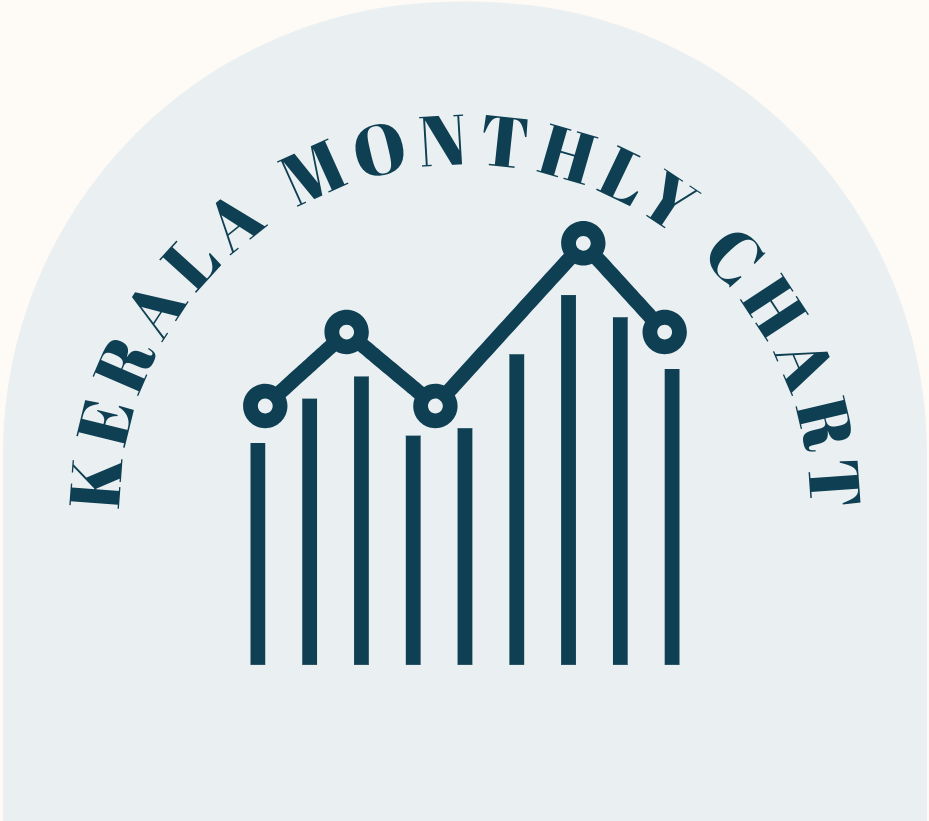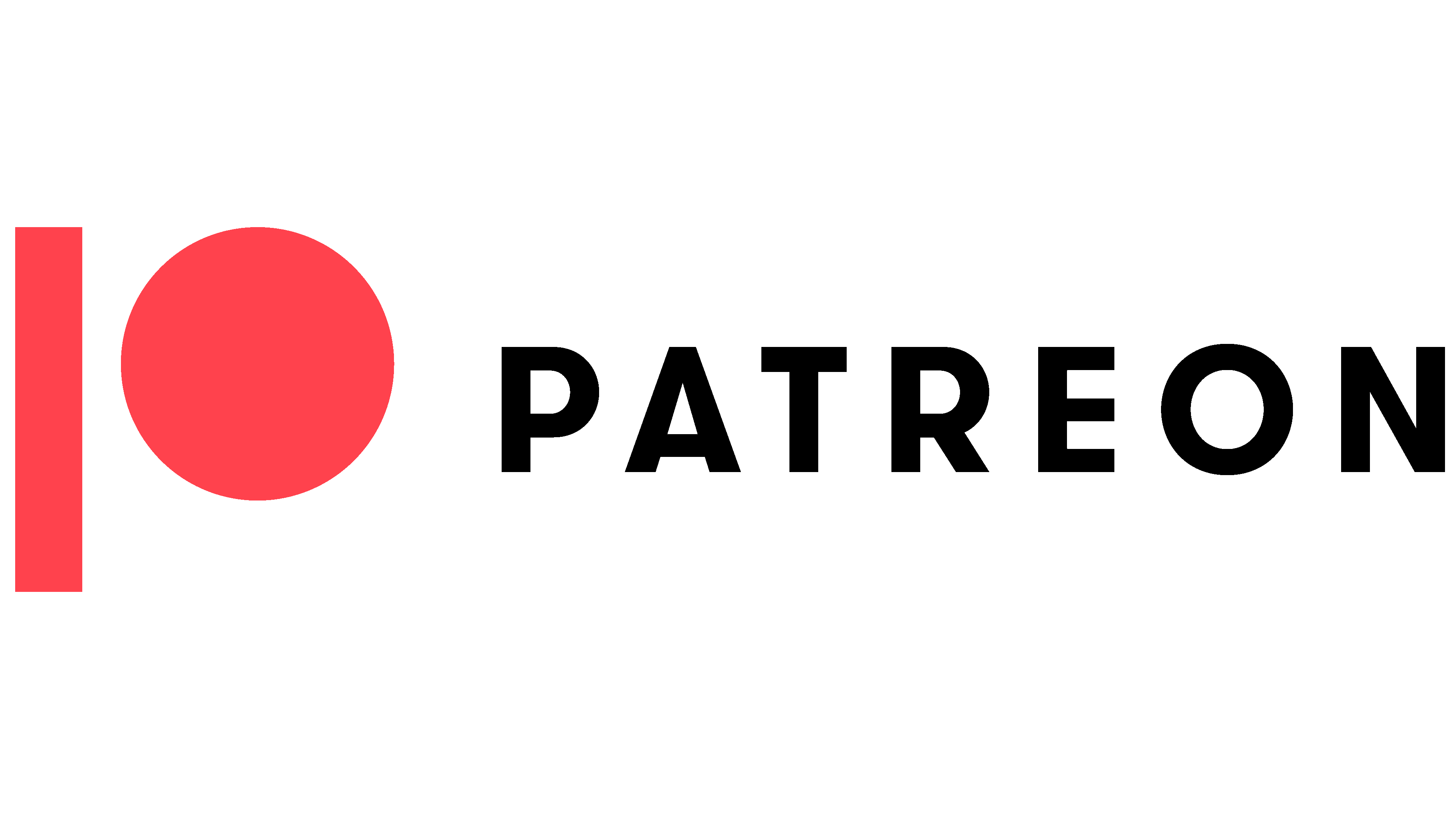Apple has long been a dominant force in the digital marketplace, particularly through its App Store. However, recent demands placed on Patreon, a popular membership platform, have reignited discussions around Apple’s in-app purchase (IAP) system. The tech giant has insisted that Patreon adopt its IAP mechanism, a move that has significant implications for both companies and, more importantly, the developers and creators who rely on these platforms. This blog explores the nuances of this situation, its impact on stakeholders, and the broader implications for the tech industry, particularly for iOS application development company.
The Apple-Patreon Clash:
Over the last couple of years, Apple has been cracking down on in-app purchases, with apps now expected to utilize its own IAP system for digital goods. That policy has also been very contentious, and Patreon is the latest company to feel the squeeze. Apple’s demand that Patreon comply with its IAP rules could mean huge changes in how that platform operates.
Apple’s IAP system comes with a 30% transaction fee, more commonly referred to as the “Apple Tax.” Consider now a platform like Patreon, aiming to help creators by allowing fans to subscribe to their content. That could now be taking part of the creator’s income with that commission, which may anger users and developers alike.
What is Patreon’s Role in the Digital Ecosystem?
Patreon has grown to become one of the linchpins in the creator economy of the digital world. It helps creators, from podcasters to visual artists, get paid for their content with fan subscriptions. This direct-to-creator model totally changes the game, providing a way to a reliable income stream without having to depend on traditional advertising.
It’s what has built the platform as strong as it is: having an actual meaningful connection between the creators and their audience. Insistence from Apple to implement IAP may break this model, with another cost added to an already expensive IAP system that could drive creators away from using Patreon, instead moving to another, more author-friendly platform.
Apple’s In-App Purchase Policy:
Apple has a policy concerning IAPs, which states that all apps should make use of their payment system for digital goods and services. The main advantage of the system is security and convenience to the users. The downside, though, is the 30% commission that Apple charges on these transactions, which many developers have disputed.
An iOS application development company must therefore remain updated about Apple’s IAP policy. It not only has a bearing on the price structure but also on the app design and user experience. With the debate surrounding Apple’s commission only heating up, developers will have to tread these complexities while managing to deliver value to their clients and users.
The Impact on Creators: Financial Strain and Uncertainty
Creators on Patreon are already under massive financial pressure. This demand from Apple would exacerbate the situation. Beyond that, a 30% commission would deal an incredibly huge blow to their earnings, putting them in an increasingly difficult situation to survive with their creative works.
For many creators, Patreon means much more than a way to monetize their content; it means a community. But if the towering aggregator is pushed to adopt Apple’s IAP system, then creators would have no choice but to hike subscription prices to absorb the commission. This may alienate fans and diminish the appeal of the platform, which will lead to users decreasing engagement and retention.
Antitrust Concerns and Regulatory Scrutiny
Apple’s demand that Patreon adopt its IAP system has not gone unnoticed by regulators. The tech giant is already facing antitrust investigations in several countries over its App Store policies, and this latest move could add fuel to the fire.
Antitrust concerns center around whether Apple is using its dominant position in the market to stifle competition. By forcing platforms like Patreon to use its IAP system, Apple could be limiting consumer choice and driving up prices. These actions have attracted the attention of lawmakers and regulatory bodies, who are increasingly scrutinizing Apple’s practices.
The Response from the Developer Community
The community of developers reacted right afterward to trace the list of concerns regarding the influence on innovation and creativity. The stringent policies posed by Apple would likely create enormous challenges for an iOS application development company, starting from cost increases to limitations on the working functions of applications.
They’re also worried that Apple’s tight control is setting a broader precedent across the app ecosystem. If Apple isn’t forced to back down on Patreon, it could set a costly and ominous precedent for a wide array of apps and services, further cementing Apple’s vice grip on the digital marketplace.
Alternatives and Workarounds:
In response to Apple’s demands, some developers and platforms have explored alternative solutions. For example, web-based platforms that operate outside the App Store’s jurisdiction can offer a way to bypass the IAP system, although this approach comes with its own set of challenges.
For an iOS application development company, finding creative solutions to navigate Apple’s policies is essential. This might involve developing hybrid apps that combine native and web-based elements or exploring partnerships with other platforms to mitigate the impact of Apple’s commission.
The Future of the App Store:
The controversy surrounding Apple’s IAP policy is part of a broader debate about the future of the App Store. As more companies and regulators push back against Apple’s control, we may see significant changes in how the App Store operates.
For an iOS application development company, staying ahead of these changes is crucial. The ability to adapt to new policies, regulations, and market dynamics will determine the success of developers in this evolving landscape. Whether through innovative app designs, strategic partnerships, or alternative monetization models, developers must be prepared for the challenges ahead.
The Role of iOS Application Development in This Debate
iOS application development company are at the forefront of this debate. They play a crucial role in helping businesses navigate Apple’s policies while delivering high-quality apps that meet user expectations. These companies must balance the demands of their clients with the constraints imposed by Apple’s ecosystem, all while staying competitive in a rapidly changing market.
In the face of Apple’s demands on Patreon and similar platforms, iOS application development companies have the opportunity to innovate. By developing new strategies to manage in-app purchases, offering alternative payment solutions, and advocating for fairer policies, these companies can help shape the future of the digital marketplace.
Conclusion:
Apple’s demand that Patreon adopt its in-app purchase system is just the latest chapter in the ongoing battle for control in the app economy. This situation highlights the challenges that developers, platforms, and creators face as they navigate the complex and often contentious relationship with Apple.
For an iOS application development company, understanding these dynamics is critical to success. As the debate continues, developers must remain agile, innovative, and informed to thrive in this ever-changing environment. Whether through legal challenges, technological solutions, or new business models, the future of the app economy will be shaped by the actions of all stakeholders involved.
for more information, visit: Kerala Monthly Chart.

